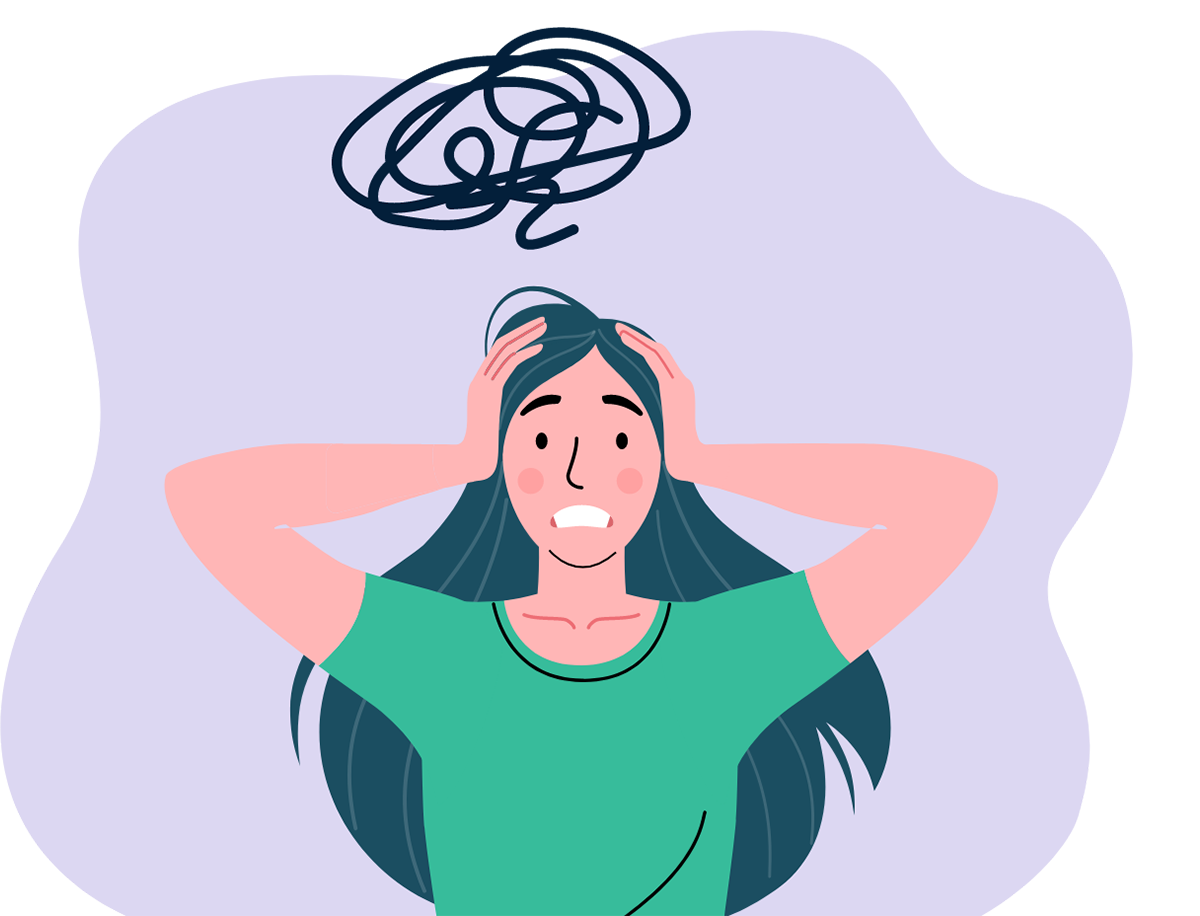Stress is a natural and common experience that affects everyone at some point in their lives. It is the body’s natural response to challenging situations and can be a normal part of daily life. However, when stress becomes chronic, it can have negative impacts on physical and mental health, causing a range of symptoms such as headaches, fatigue, anxiety, and depression.
There are various sources of stress including work, finances, relationships, and health issues. While some stress can be productive and help us meet deadlines or handle difficult situations, excessive stress can have significant negative impacts on our well-being.
To deal with stress, it is important to first identify the causes of stress and then develop strategies to manage it. Here are a few tips that can help:
- Exercise: Exercise has been shown to be one of the most effective ways to manage stress. Regular physical activity releases endorphins, which are chemicals that boost mood and reduce stress levels. Exercise can also help reduce anxiety and improve sleep.
- Mindfulness: Mindfulness is the practice of focusing on the present moment without judgment. It can help reduce stress by allowing you to step back from negative thoughts and emotions, and instead focus on your breathing, sensations, and feelings. Mindfulness practices like meditation and yoga can also help you develop greater self-awareness, which can lead to better stress management over time.
- Social Support: Having strong social connections is critical for mental health and well-being. Spending time with friends and family can help reduce stress levels, as well as provide a sense of comfort and support. You can also consider joining a support group or seeking the help of a mental health professional.
- Get Enough Sleep: Sleep plays a crucial role in both physical and mental health, and a lack of sleep can lead to increased stress levels. Aim to get at least 7 hours of quality sleep each night, and establish a consistent sleep schedule to help regulate your body’s natural sleep rhythm.
- Take Control of Your Thoughts: Chronic stress can lead to negative thinking patterns, which can contribute to feelings of anxiety and depression. To reduce stress, it is important to identify negative thoughts and reframe them in a more positive light. You can also practice relaxation techniques such as deep breathing and progressive muscle relaxation to calm your mind and reduce stress levels.
- Create a Work-Life Balance: Work can be a major source of stress for many people, especially when there is an imbalance between work and personal life. To reduce stress levels, it is important to establish healthy work habits, prioritize self-care, and set boundaries between work and personal life.
In conclusion, stress is a natural and unavoidable part of life, but it is possible to manage it in a healthy way. By adopting healthy habits, seeking support, and practicing mindfulness and self-care, you can reduce stress levels and improve overall well-being. Remember to listen to your body and take care of yourself, and don’t be afraid to seek professional help if needed.




Leave a Reply